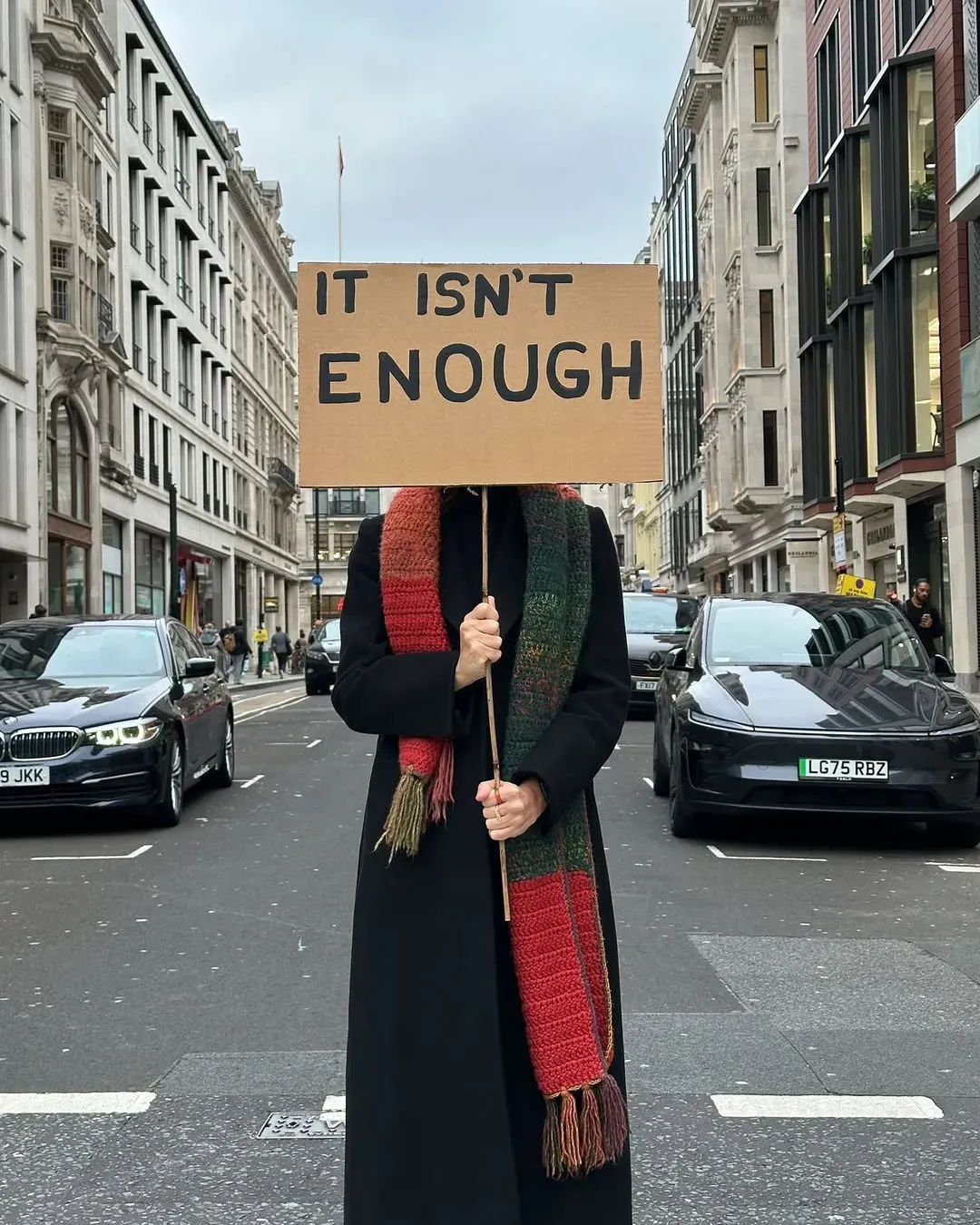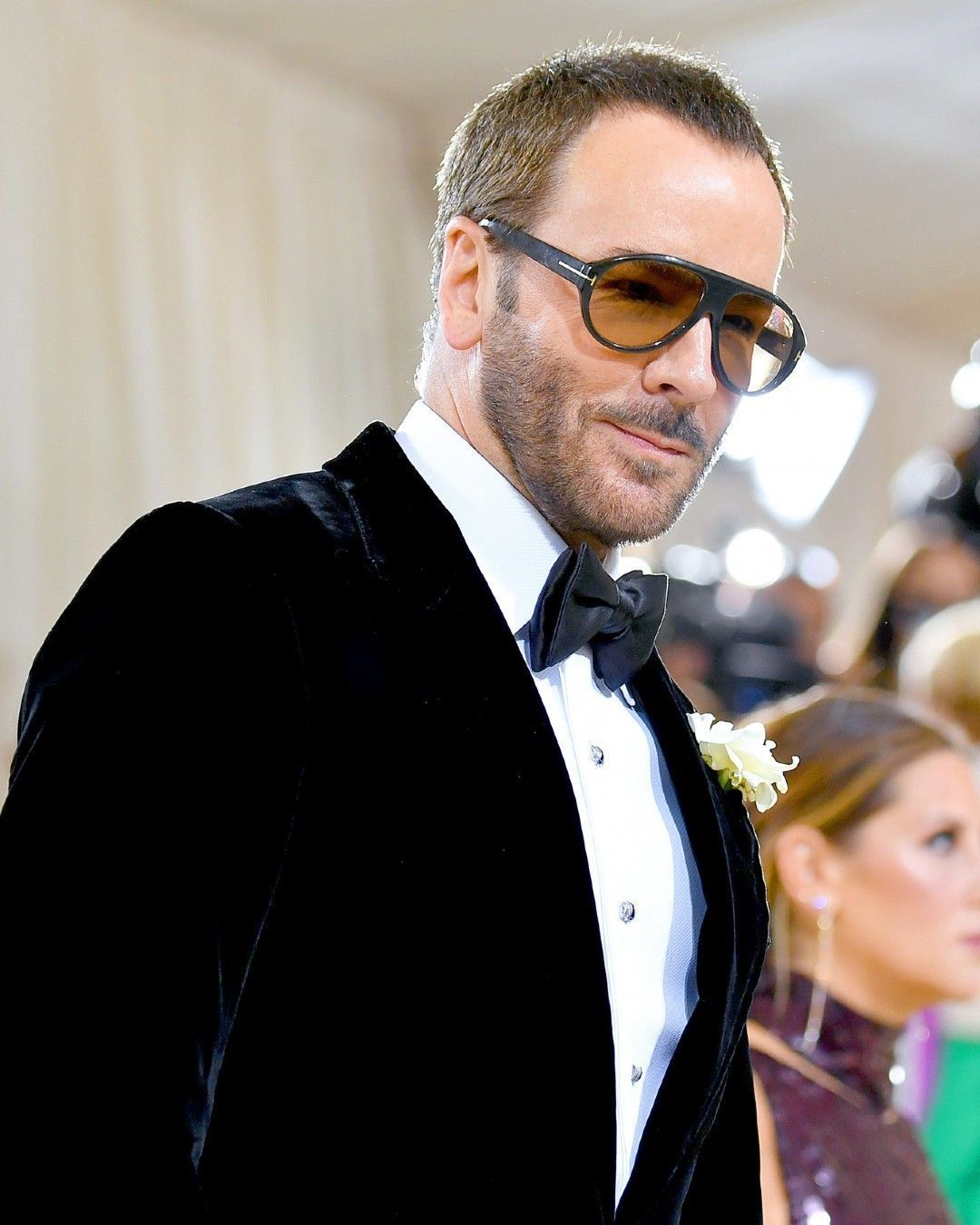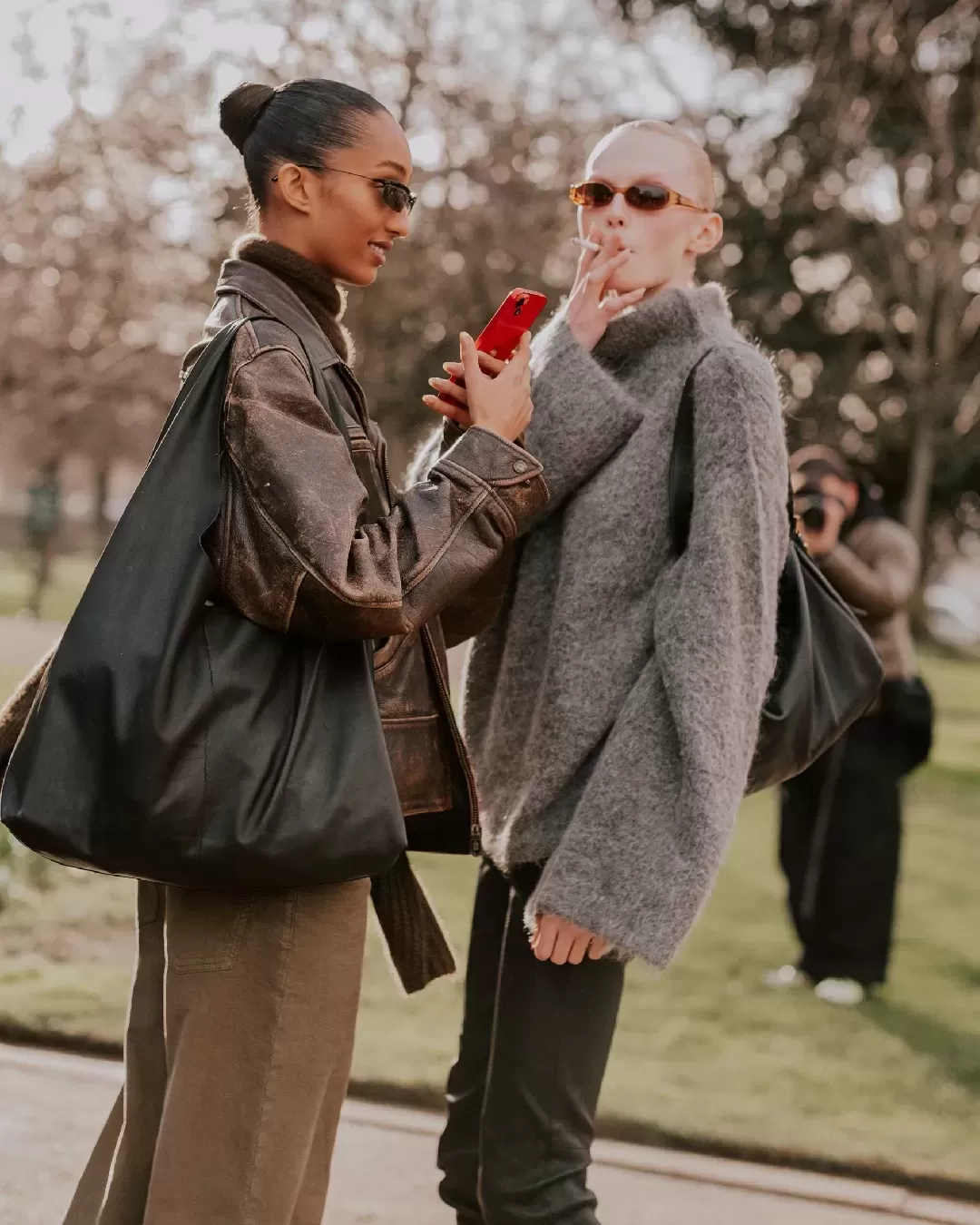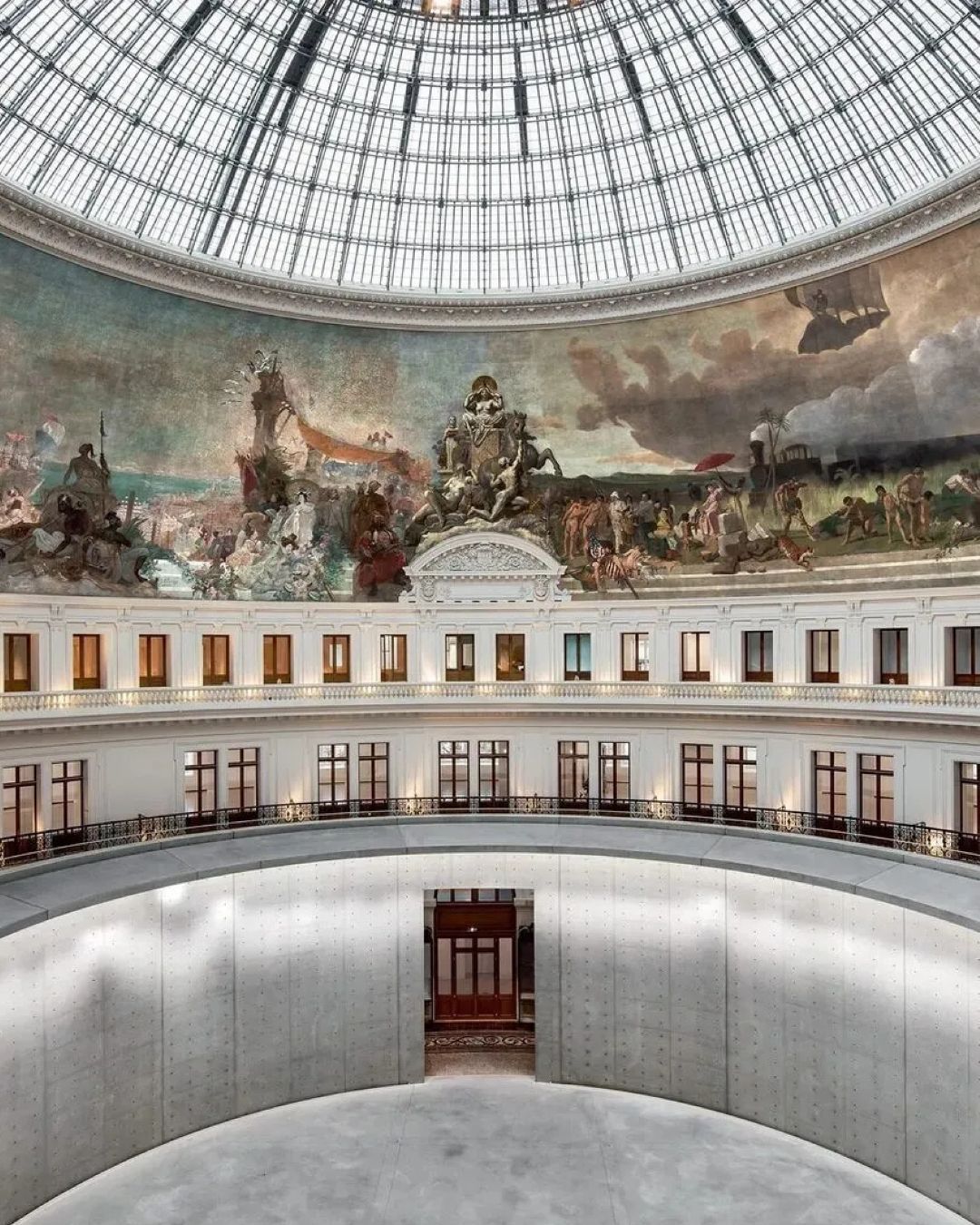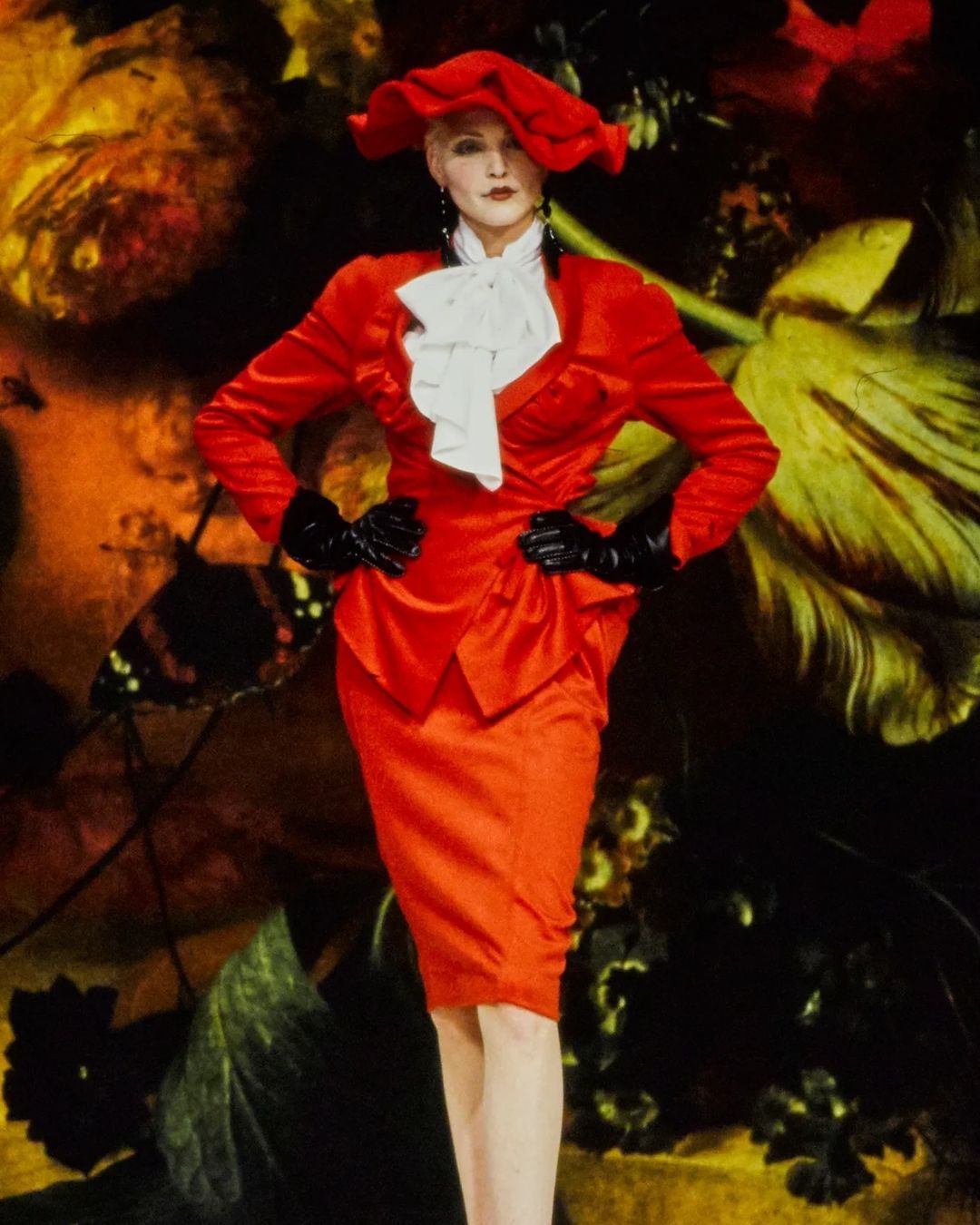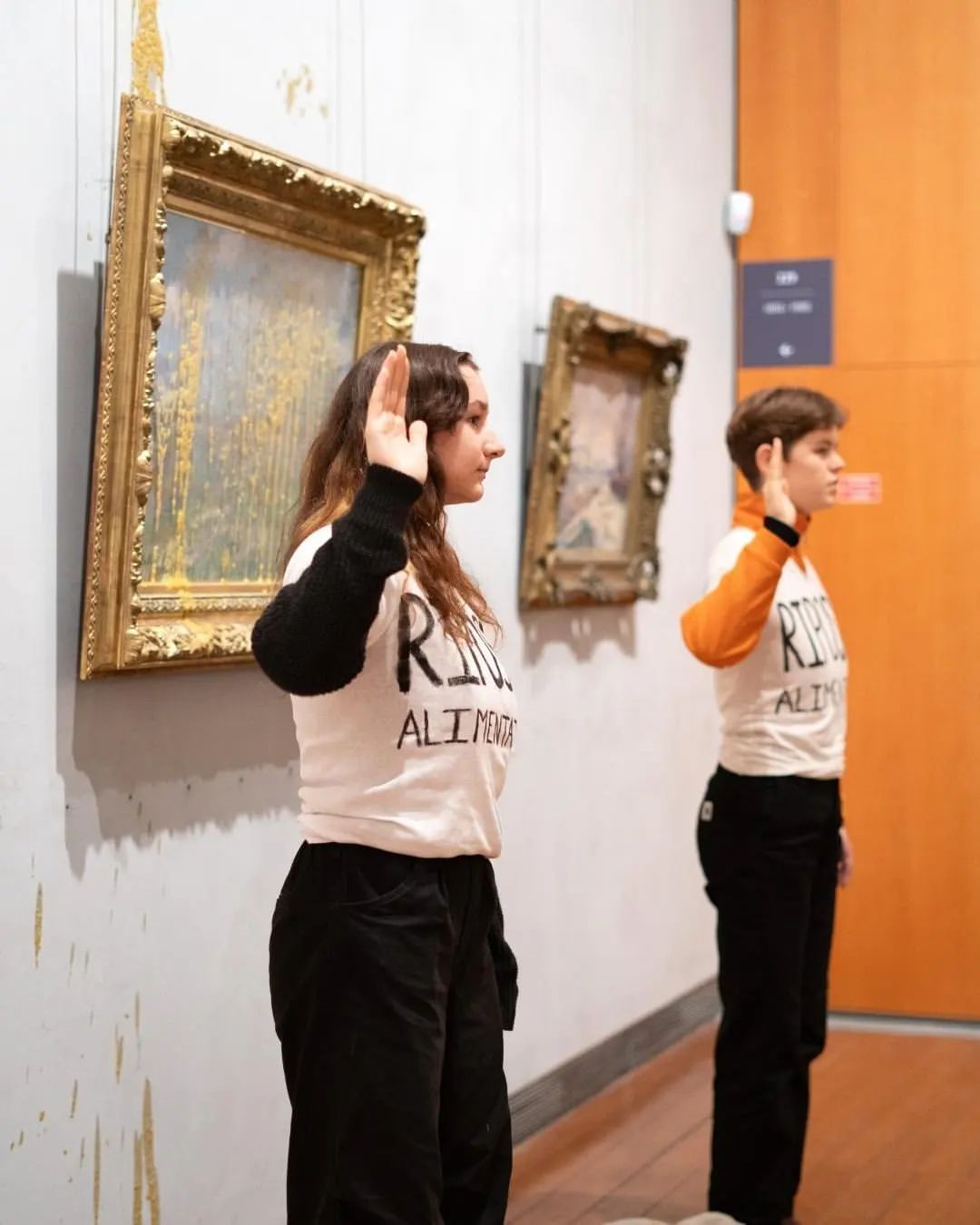
A new environmental offensive hits Claude Monet's "Le Printemps" After having targeted the Mona Lisa, a new work of art suffers an unexpected attack
On Saturday, February 10th, at 3:30 PM, the Museum of Fine Arts in Lyon witnessed an act of vandalism perpetrated by two activists affiliated with the Riposte Alimentaire collective. This collective had previously made headlines in January when two other activists targeted the world's most famous painting. This time, "Le Printemps" by Claude Monet was the chosen victim, drowned in a few centiliters of soup in a provocative gesture for the environmental cause. «These springs will be the only ones left if we don't react. What will our future artists paint? What will we dream of if there is no more spring?» shouted the two assailants. By deliberately targeting an iconic artwork symbolizing flourishing nature, the Riposte Alimentaire activists aim to establish a connection between the symbolic destruction of art and the menacing reality of climate change.
Climate activists again!
— Global Dissident (@GlobalDiss) February 11, 2024
Climate activists threw soup at a Claude Monet artwork displayed in an art museum in Lyon.
They said that this will be our last spring if we don't act. pic.twitter.com/bvV8LUASCI
Following the assault by the 20 and 23-year-old activists, reactions have been varied, fueling social and media debates on ecological protest methods. The museum, outraged by the attack on this iconic painting, quickly filed a complaint for "vandalism," emphasizing the severity of the incident. Simultaneously, measures have been implemented to assess potential damages to the artwork, involving experts to determine the extent of the harm, especially if the soup managed to seep behind the protective glass. Anticipation of high restoration costs, particularly for the 19th-century frame also affected, raises concerns about financial responsibility, potentially weighing on the municipality. Politically, Lyon's Mayor Grégory Doucet expresses nuanced positions, regretting the action while acknowledging the legitimate anxiety related to climate urgency. The claims of this civil disobedience group undeniably address crucial issues, but the hitch lies in how they chose to express them. Their goal: integrate food into the general regime of social security. Specifically, they demand the establishment of a monthly allowance of €150 for every French citizen, thus instituting the principle of "universality." These funds would be allocated to the purchase of "democratically sanctioned" food products, based on criteria, including environmental ones, while leaving room for other considerations. Solidarity with the museum teams is evident, but the contextualization of the action underscores the need to raise awareness without compromising cultural heritage.
In the French legal framework, deliberate degradation of artworks is subject to penalties of up to 7 years in prison and a €100,000 fine. Currently, the two activists have been released after remaining silent throughout their police custody. But what do activists attacking artworks risk? Practically nothing. Indeed, in the face of such actions, convictions remain rare, often confronted with a labyrinth of legal and practical challenges. On one hand, museums, equipped with increasingly sophisticated security measures, make tracking down culprits complex, adding a cat-and-mouse dimension to these incidents. On the other hand, the often spectacular nature of these acts, perceived as forms of artistic protest, creates a thorny challenge for authorities. The balance between repression and understanding underlying motivations becomes a difficult equation to solve in the complex world of artistic activism. The evolution of sanctions over time shows a tendency towards leniency, indicating the authorities' difficulty in adjusting their approach to deter these acts while recognizing their often politically charged nature. Now, it remains to be seen whether the analysis will incriminate the two twenty-year-olds and if the damages will be covered by the Lyon city hall or billed to the collective.










































